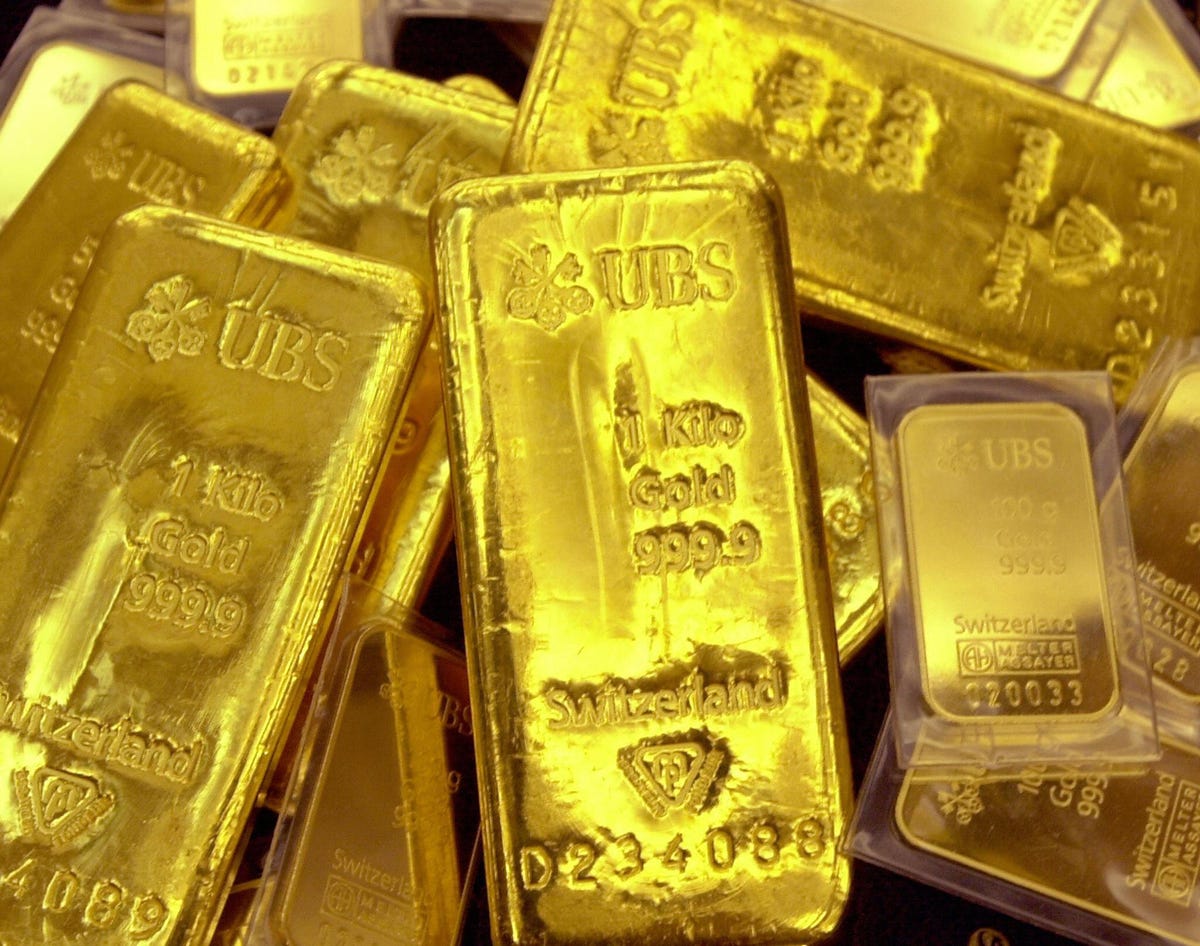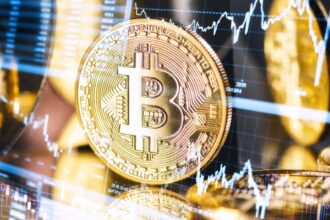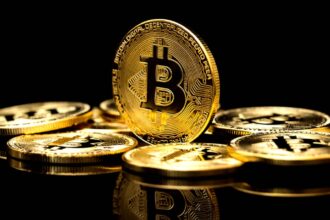Gold prices recently edged to within a hare’s whisker of the metals all-time high price of $2,069 a troy ounce which it reached in 2020. It recently cost $2,045.
In general investors should view that as a worrying sign. People buy gold when they are worried about inflation, geopolitical tension, weakness in the U.S. dollar, and concerns over economic instability. At least those are usually some of the major reasons.
It’s no different this time. “Gold smashed through $2,000 on Tuesday as the latest JOLTS data showed openings declining and significantly so, in one of the first signs of the labour market cooling,” writes Craig Erlam, an analyst at financial company OANDA. The JOLTS survey measures how many job openings are available and is often used as a leading indicator of economic health. In this instance, the outlook is softer than was expected.
On top of that the Organization of Petroleum Exporting Countries plus Russia (OPEC+) decided to cut its production quotas earlier this week sending the price of crude oil higher as buyers worry about reduced supplies.
A barrel of Brent crude recently fetched approximately $84.50 up from $80 at the end of March. Of course a jump in energy prices won’t please investors as it is likely to boost inflation.
Meanwhile, anxiety over the U.S. banking system reared its ugly head again making gold far more attractive. “Bank shares are coming under renewed pressure,” writes Marc Chandler, chief market strategist at Bannockburn Global Forex.
None of these things make for happy investor reading, and likely they could all take a while to fix. That’s why many investors will now continue to at least consider adding some bullion to their portfolio. Many will likely choose to purchase gold exchange-traded fund such as the SPDR Gold Shares, which holds bars of solid bullion.
Read the full article here










